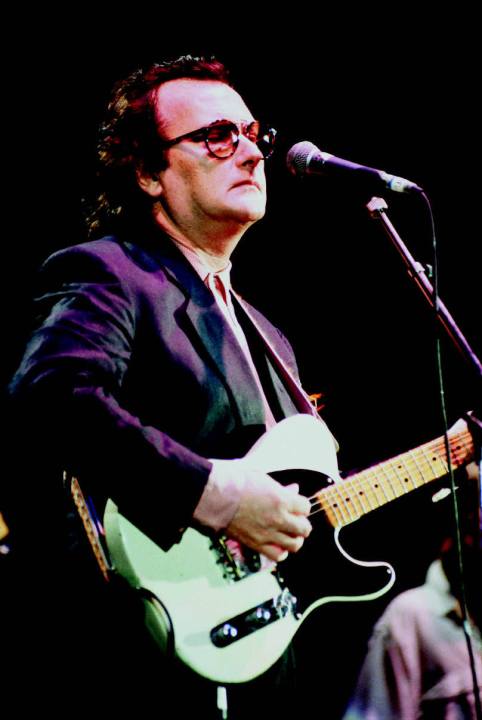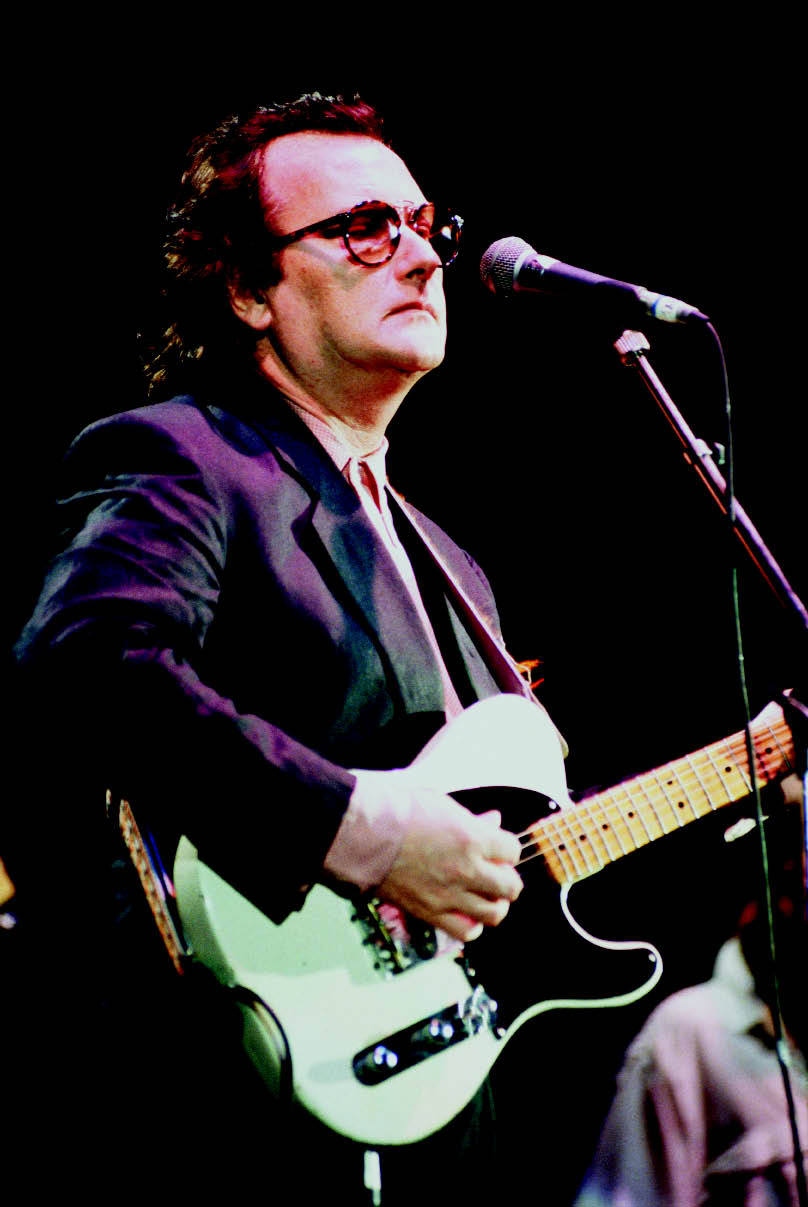It should no longer come as a surprise when old pop stars keel over and die. Ten years ago, obituary columns were dominated by heroes of the second world war, with the occasional member of the Carry On cast included for light relief. Nowadays, barely a day passes without some old heavy metal singer croaking, and a funk guitarist or two. The shock, if there is any, is that so many have survived so long.
Brian Jones, Janis Joplin, Jimi Hendrix and Jim Morrison were all 27 when they died, and years later Kurt Cobain secured his legend by hanging himself at exactly the same age, conscious that, if he had waited another year, his surviving relatives might not have been able to eat. Even if they make it through the tricky twenties, pop stars rarely seem to make old bones. Reaching 70 is a result. Only Jet Black of The Stranglers has, I believe, reached 80.
Still, I was very sad when Gerry Rafferty died a month or two ago, aged just 63. Thanks to a mildly rhotic ‘r’, I have always struggled to say the words ‘Gerry Rafferty’ without people smiling — and if Jonathan Ross ever played ‘Baker Street’ when he was on Radio 2, I must have missed it. But Rafferty has long been a favourite of mine.
When City to City came out in early 1978, I was 17 and about to go to university. Everyone else was listening to punk, and so was I to some extent. (The Stranglers in particular, as it happens.) But taste in music is not something you consciously decide upon, unless you are very sad and impressionable indeed. Some tunes you hear once and love for ever, and one of those for me was ‘Baker Street’. In his later years, when he had hit the sauce, Rafferty was still making £80,000 a year from sales and radio play of ‘Baker Street’ alone. All very ironic, of course: the song is about being chewed up and spat out by the music industry, which, after the song’s success, chewed up Rafferty and spat him out.
He seems to have been a shy and difficult man, who hated playing live, wouldn’t promote his records, and refused to make ‘Baker Street II’, to his everlasting credit. I have most of his records in one form or another, but City to City and its follow-up, Night Owl (1979), are the ones you would want, the products of a brief, intense surge of creativity, and long days and nights spent in Chipping Norton Studios with expensive session players. The records sound as good today as they did then, and then they sounded great.
They were not fashionable: I understood that then and I still slightly resent it now. Rafferty had come from a Scottish folk background, recorded with Billy Connolly as the Humblebums, made a solo album with the typically bad-tempered title Can I Have My Money Back, and formed Stealers Wheel with Joe Egan. Their three albums were reissued not so long ago: they have their moments (most famously, ‘Stuck In The Middle With You’), but they sound like pitched battles. Producers either over-produce or don’t produce at all, things don’t quite gel, and great songs get lost.
Rafferty and Egan split up, and contractual fiddle-faddle prevented either of them from recording for three years. Egan eventually released a wonderful, if low-key, solo album in 1979, Out of Nowhere, which has been out of print so long I sometimes wonder if I have the only copy. And Rafferty, with his long-time co-producer Hugh Murphy, patiently put together City to City, which went on to sell 5.5 million copies.
It’s a highly polished production, densely arranged and almost perfectly geared to American FM radio of the time. Raphael Ravenscroft may have played the saxophone riff on ‘Baker Street’, but Rafferty wrote it. I still love Hugh Burns’s screaming guitar solo, which is as 1970s as the three-day week. At times the music might almost seem too perfect, if it were not for lyrics that are often unbearably sad. If a lonelier or more disaffected song than ‘Baker Street’ has ever been written, I have yet to hear it.
And I am not alone in this. Although there are millions of compilations, it has suddenly become impossible to buy the original CDs from Amazon for anything other than ridiculous prices. We all have them on vinyl, we no longer have record players, we want to listen to them now. Meanwhile, yet another good songwriter has gone, leaving behind a handful of songs many of us shall be playing for the rest of our lives. It’s not a bad legacy, although not dying would surely have been an improvement.






Comments